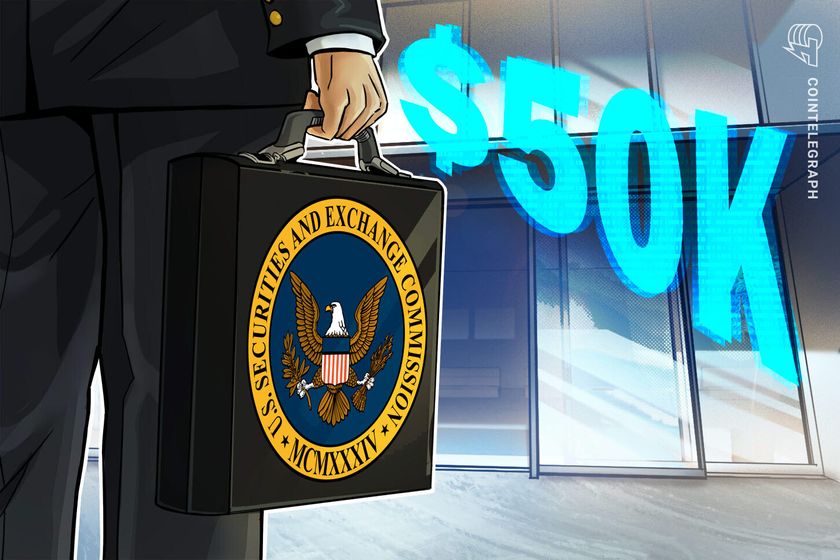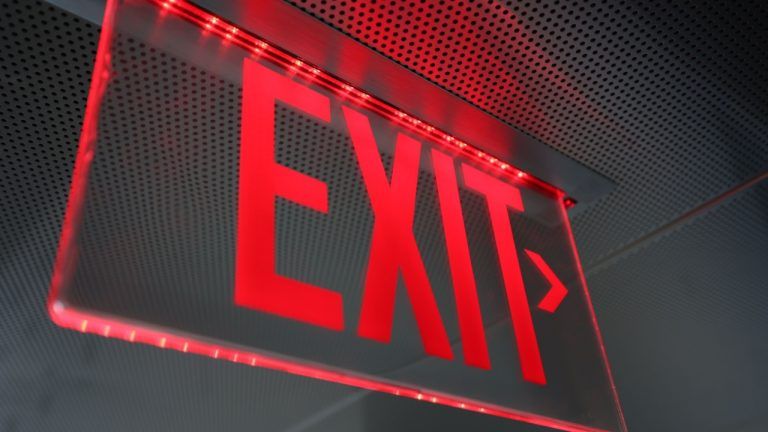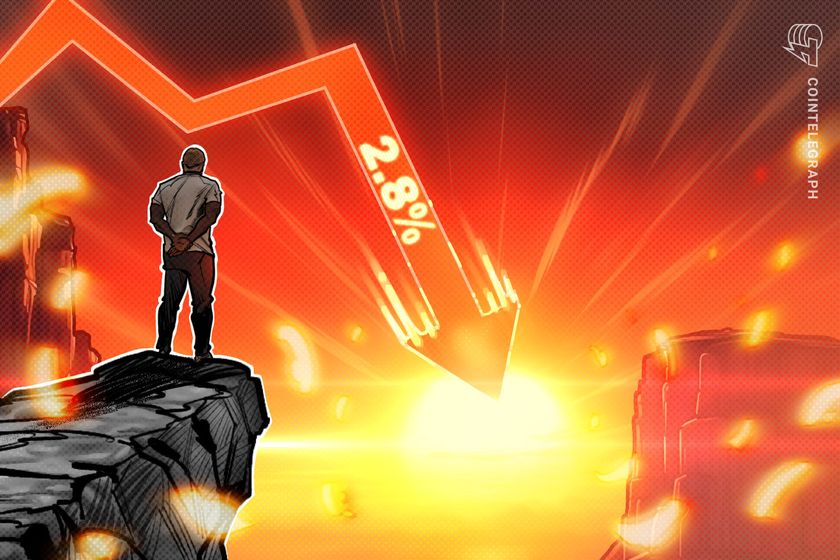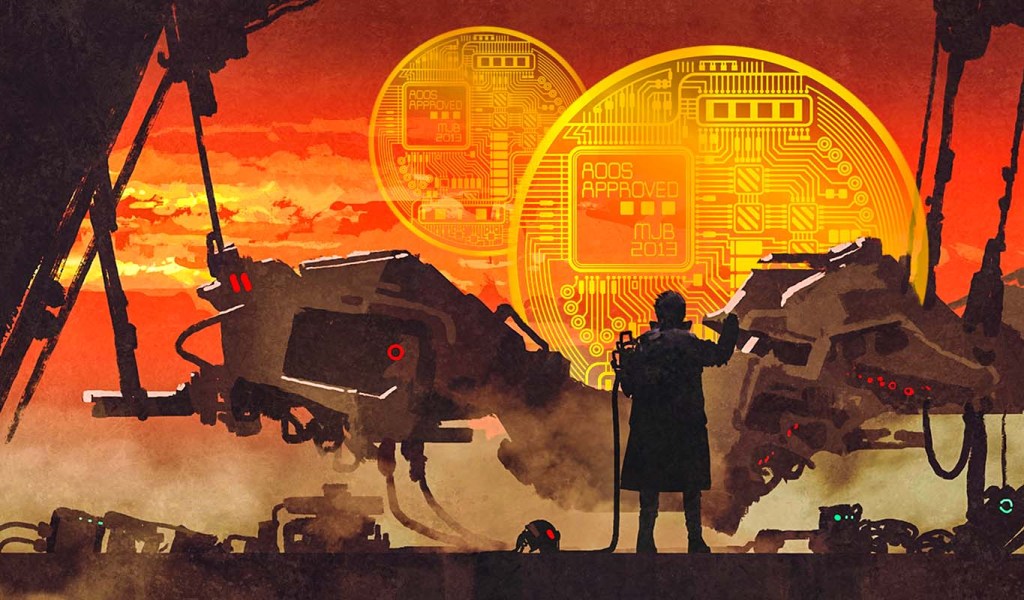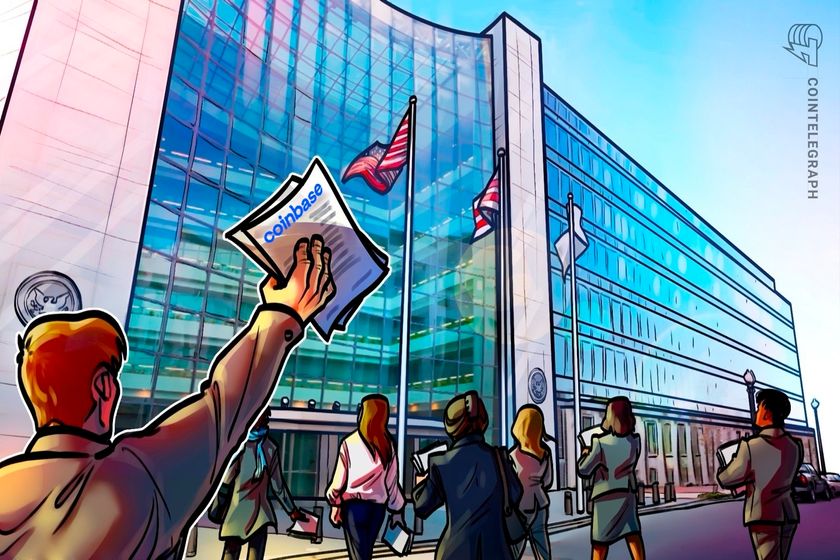
Crypto City: Guide to Austin
This Crypto City guide looks at Austins crypto culture, the citys most notable projects and people, its financial infrastructure, which retailers accept crypto and where you can find blockchain education courses and there are even the juicy details of a famous controversy. Everything is bigger in Texas, including its enthusiasm for crypto.
Fast facts
City: Austin
Country: United States
Population: 974,000
Founded: 1839
Language: English
The capital of the largest state in the contiguous United States, Austin is known as a live music mecca, with festivals drawing in thousands of people from around the world each year, including Austin City Limits and South by Southwest. The Texas city is a unique blend of liberal and conservative values, yet in many ways, it still operates under the old motto keep Austin weird, with the University of Texas at Austin home to a diverse student body and the popular Texas Longhorns football team.
Long before becoming a hub of major tech companies earning it the nickname Silicon Hills Austin drew settlers from Mexico and the United States around the time Texas became an independent nation in 1836. Texas has stood under three flags with Austin as its capital: the Republic of Texas, the Confederacy and the United States of America. Though the city was largely centered around the capitol building completed in 1888, it later became known to many as a college town. For some years, the University of Texas at Austin was the largest university in the country by enrollment.
Austin and the surrounding area have also been the shooting location for a number of famous films, including Death Proof from director Quentin Tarantino, Dazed and Confused Matthew McConaugheys first movie role and many others. Though the city once drew, and still does draw, many starving artists pursuing their passions, interest from major corporations and their wealthy executives has begun to drive many natives and newbies alike out of the area due to rising rent and housing prices.
As the population of Austin grows, gentrification and commuting times remain a large problem for many residents. The main highway, Interstate 35 which separates the downtown area from the freshly redeveloped East Austin seems inadequately designed to accommodate the rising number of Austinites, with some traveling up to 30 miles between their homes and offices. The city faces challenges including a lack of publicly provided infrastructure for its homeless population, the way Austins land can be used, and other issues endemic to the rest of the United States.
Crypto culture
Many Texans have a dont tread on me approach to local, state and federal governments telling them how to handle their business, their money and their personal life, despite the state showing only a lone star on its flag rather than a snake. In some ways, Austin residents response to digital assets since 2011 has been representative of this mindset, with many jumping into the crypto space more as an alternative to central banking rather than a fad from the tech industry.
According to Paul Snow, a self-described technologist who runs the Bitcoin and Cryptocurrency Meetup group in Austin and organizes the Texas Bitcoin Conference, the Texans who attend gatherings most consistently seem to be concerned about the state of the nation, and the state of banking and finance. Snow says the group doesnt focus on the latest project getting pumped and dumped, with many holding Bitcoin, Ether and SOL, although some are also advocates of Dogecoin and Shiba Inu.
[Our discussion] is basically a real broad analysis of every issue that is either in the crypto space or heavily within the context of the crypto space. Because the crypto space is largely a challenge to central banks, at least in a lot of peoples minds, then anything that happens in banking and finance is interesting to us.
Snow arrived in Austin in 2000 and started the Meetup groups in 2013, long before the U.S. government and Texas regulators turned their attention to crypto firms operating in the city. In mid-2021, the Texas State Securities Board

